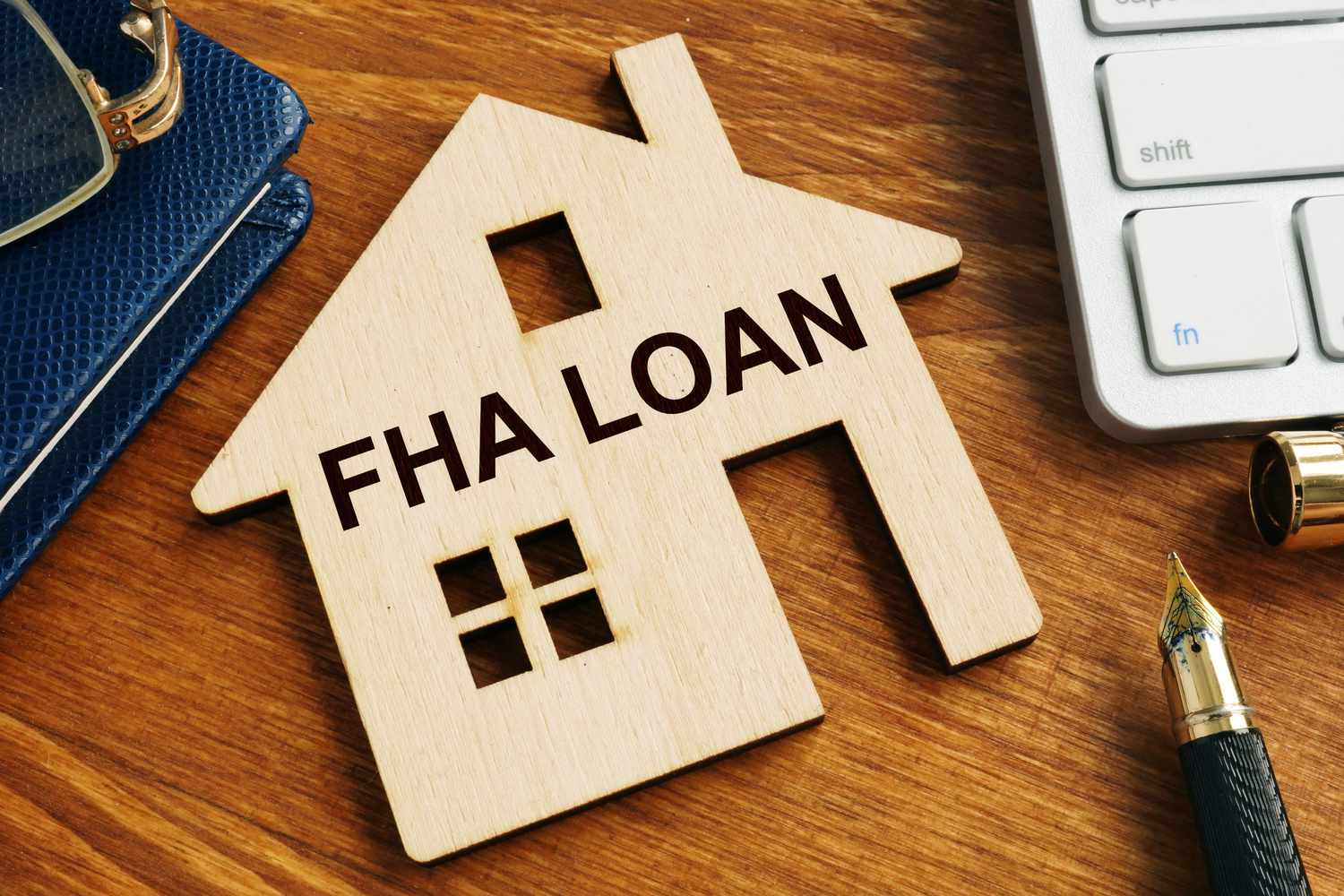Buying a home is a big decision, especially if it’s your first time. FHA loans are often a popular choice for first-time buyers because of their flexible requirements. However, like all financial products, they come with both benefits and drawbacks. In this guide, we’ll decode the pros and cons of FHA loan programs to help you decide if they’re right for you.
What Is an FHA Loan?
An FHA loan is a mortgage backed by the Federal Housing Administration. These loans are designed to make homeownership accessible for people who might struggle to qualify for conventional loans.
Key highlights of FHA loans:
- Lower credit score requirements compared to conventional loans.
- Smaller down payment options, starting at just 3.5%.
- Flexible qualification standards, ideal for first-time buyers.
Before diving into the fha loan pros and cons, let’s explore how these loans work and their unique features.
Pros of FHA Loans
There are several reasons why pros and cons of fha loans are an excellent option for many buyers:
1. Lower Credit Score Requirements
- FHA loans allow borrowers with credit scores as low as 580 to qualify.
- Some lenders even approve applicants with scores as low as 500, though this often requires a higher down payment.
2. Smaller Down Payments
- You can purchase a home with as little as 3.5% down.
- This makes FHA loans ideal for first-time buyers who may not have significant savings.
3. Flexible Debt-to-Income (DTI) Ratios
- FHA loans allow higher DTI ratios compared to conventional loans.
- Borrowers with substantial student loans or other debts may still qualify.
4. Loan Assumability
- pros and cons of fha loan are assumable, meaning a future buyer can take over your loan if they qualify.
- This can be a selling point if interest rates increase in the future.
These advantages make FHA loans appealing for those new to home buying or those with limited financial resources.
Cons of FHA Loans
While FHA loans have benefits, there are also some downsides to consider:
1. Mortgage Insurance Premiums (MIP)
- FHA loans require upfront and annual mortgage insurance premiums.
- The upfront MIP is 1.75% of the loan amount, while the annual MIP ranges from 0.45% to 1.05%.
2. Property Restrictions
- FHA loans are only available for primary residences.
- The property must meet specific safety and habitability standards, which can limit options.
3. Loan Limits
- FHA loan limits vary by location but are often lower than conventional loan limits.
- Buyers looking for higher-priced homes may need to explore other loan options.
4. Long-Term Costs
- Mortgage insurance is required for the life of the loan unless you refinance into a conventional loan.
- Over time, this can make fha pros and cons more expensive than other options.
Who Should Consider an FHA Loan?
An FHA loan may be the right fit if:
- You have a lower credit score or limited credit history.
- You have a small amount of savings for a down payment.
- You’re a first-time buyer looking for a more accessible loan option.
However, if you can afford a larger down payment or have excellent credit, a conventional loan might be more cost-effective in the long run.
Tips for First-Time Buyers Considering FHA Loans
- Review Your Credit: Check your credit score and address any errors before applying.
- Save for the Down Payment: While FHA loans require only 3.5% down, saving a little extra can help with closing costs.
- Understand Loan Limits: Research the FHA loan limits in your area to ensure your desired property fits within them.
- Factor in Mortgage Insurance: Calculate how MIP will affect your monthly payment and overall loan cost.
Why Choose Bouk Mortgage for Your FHA Loan Needs?
At Bouk Mortgage, we specialize in helping first-time buyers navigate the complexities of FHA loans. From understanding the pros and cons of FHA loan programs to securing the best terms, our experienced team is here to guide you every step of the way. Whether you’re looking for personalized advice or fast approvals, Bouk Mortgage is committed to making your homeownership dream a reality.
Ready to take the next step? Contact Bouk Mortgage today for expert assistance with FHA loans and other mortgage options.
Conclusion
FHA loans offer a mix of benefits and drawbacks. For many first-time buyers, the flexible requirements and lower down payment make them a viable option. However, it’s crucial to weigh the pros and cons of FHA loan programs against your financial goals and circumstances.
If you’re unsure, consult with a trusted lender or mortgage professional who can guide you toward the best decision for your homeownership journey.
FAQs
1. What credit score is needed for an FHA loan?
Most lenders require a credit score of at least 580 for an FHA loan with a 3.5% down payment. Scores as low as 500 may qualify with a 10% down payment.
2. Can I use an FHA loan to buy a second home?
No, FHA loans are only available for primary residences. If you want to purchase an investment property or second home, you’ll need a different type of loan.
3. How long does it take to close on an FHA loan?
Closing on an FHA loan typically takes 30 to 45 days, depending on factors like the lender, the buyer’s financial situation, and the appraisal process.
